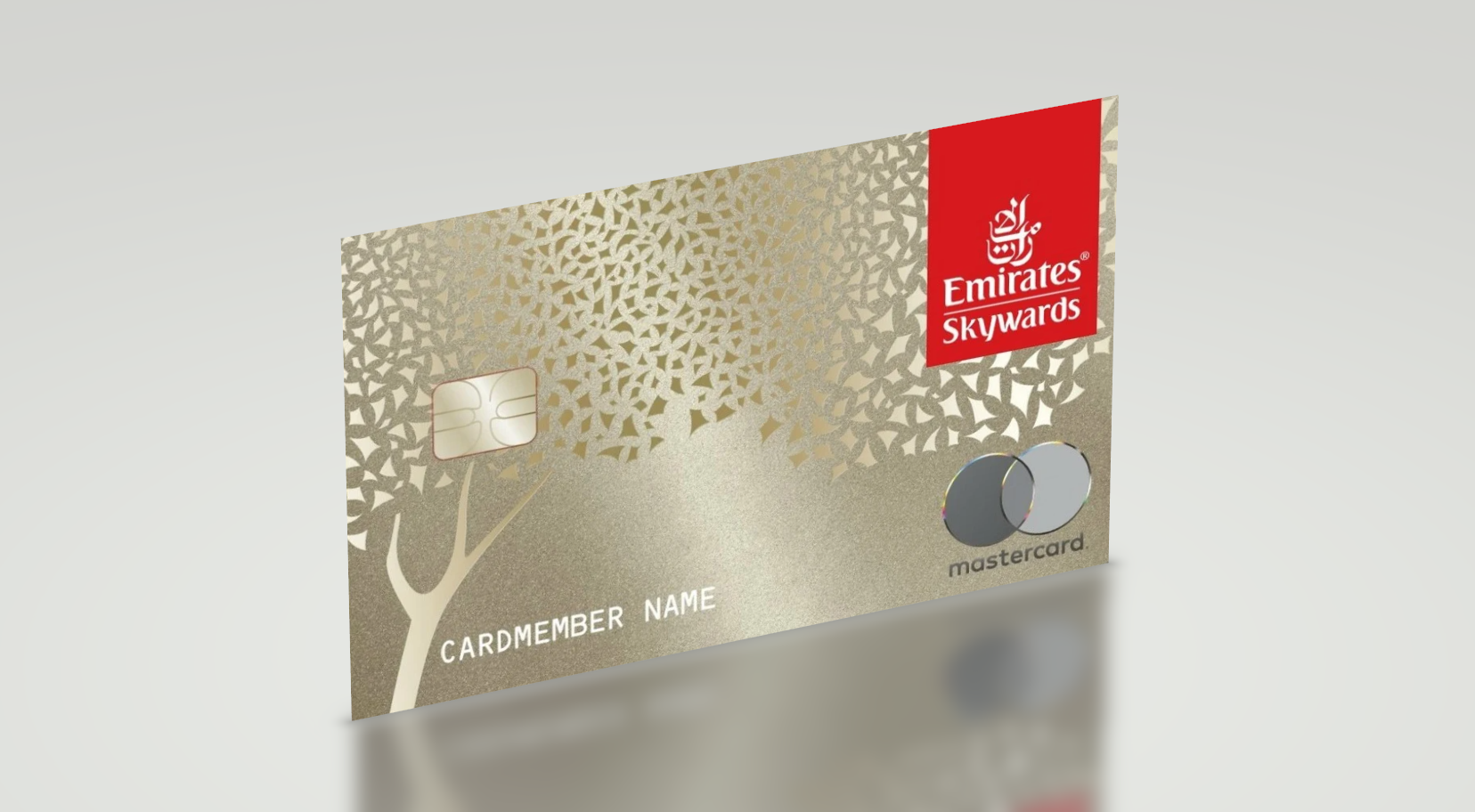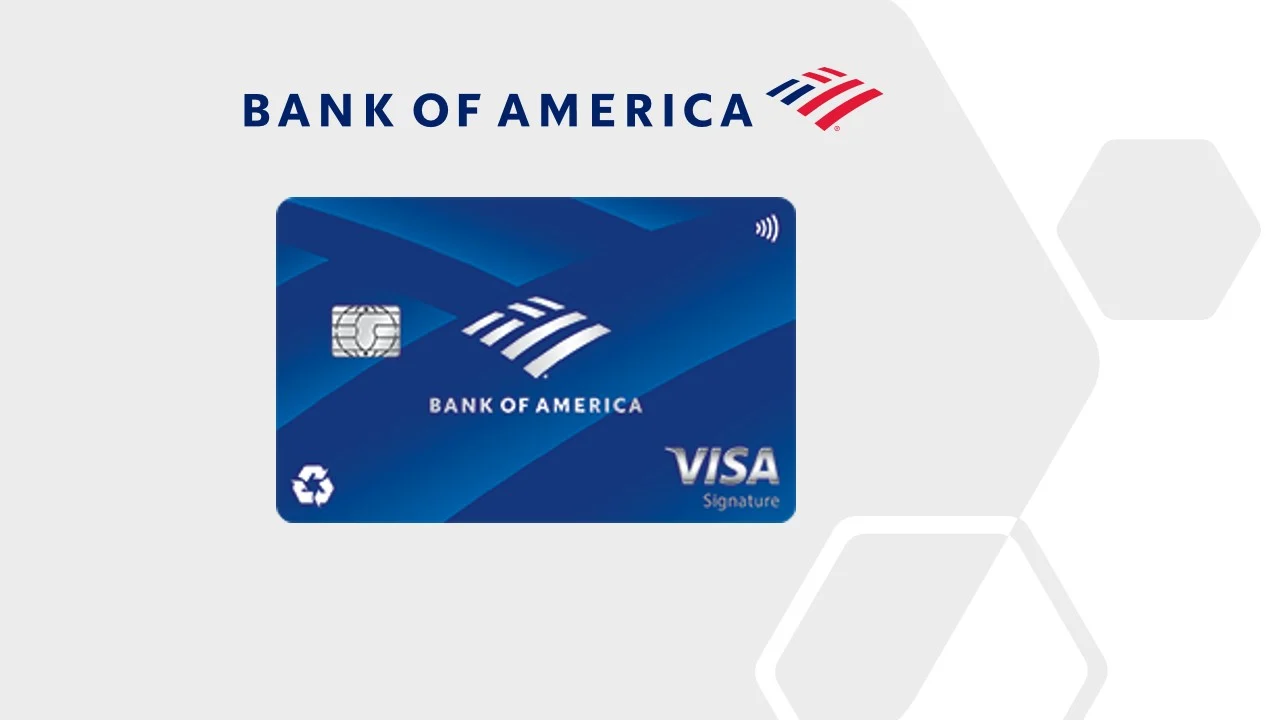The Pros and Cons of Using Credit Cards for Building Personal Credit

Understanding the Impact of Credit Cards
Credit cards can be a powerful tool for anyone looking to build personal credit. They offer unique advantages that can enhance your financial journey. However, it’s crucial to recognize that they also come with their own set of challenges. Making informed decisions regarding how to use credit cards can pave the way for a healthier financial future.
Benefits of Using Credit Cards
- Convenience: One of the most notable advantages of credit cards is their convenience. With just a swipe or tap, you can purchase everyday items, book travel, and even subscribe to services online, all without carrying physical cash. This ease of access is invaluable in our fast-paced world, making financial transactions smooth and efficient.
- Rewards: Credit cards often come with enticing rewards programs. For example, cards might offer points for every dollar spent, which can be redeemed for travel, gift cards, or cash back. If you’re a frequent traveler, consider a card that provides airline miles or hotel points. Savvy spenders can maximize these benefits, turning everyday purchases into meaningful rewards.
- Credit History: Responsible use of credit cards is key to establishing a robust credit history. This is crucial for future financial endeavors, such as applying for a mortgage or an auto loan. A good credit score not only enhances your credibility to lenders but can also lead to lower interest rates and better loan terms in the long run.
Challenges of Credit Card Use
While these benefits can be enticing, it’s wise to consider the potential drawbacks associated with credit cards. Ignoring these could lead to significant financial challenges.
- Debt Risk: One of the most common pitfalls is the risk of accumulating debt. It’s easy to overspend when using credit cards, especially given their accessibility. High-interest rates can lead to debt spirals if balances are not paid in full each month. This can create financial stress and interfere with your ability to meet other financial goals.
- Impact on Credit Score: It’s important to understand how credit card management affects your credit score. Missed or late payments can severely damage your score, making it more difficult to secure loans in the future. Staying on top of payments is not only essential for maintaining a good credit score but also for avoiding the costly late fees that can accumulate.
- Fees: Credit cards can also come with various fees, including annual fees, late payment fees, and foreign transaction fees. These costs can erode the potential savings you might gain from rewards programs. Always read the fine print and choose cards that align with your spending habits to minimize unwanted expenses.
Empowering Financial Decisions
By understanding both the advantages and challenges of credit cards, you can make informed decisions that empower your financial journey. Consider setting a budget to guide your card usage, and always strive to pay your bills on time. Choose wisely, and you can harness the power of credit cards to build a prosperous financial future. Your financial well-being is within reach, and with the right approach, credit cards can become an instrumental part of your journey toward financial success.
DISCOVER MORE: Click here for more details
Navigating the Benefits and Challenges of Credit Cards
When utilized carefully, credit cards can serve as a launching pad for improving your financial standing. They allow you to build a credit history while offering numerous perks that can enhance your lifestyle. However, it is essential to tread cautiously and remain aware of the potential pitfalls that come along with them. Understanding both sides of credit card usage is vital for creating a sustainable financial strategy.
The Positive Side of Credit Card Ownership
Credit cards come with a range of benefits that can significantly shape your financial health. Harnessing these can lead to great outcomes, provided you stay disciplined with your spending. Here are some key advantages:
- Establishing Creditworthiness: Using a credit card responsibly is one of the simplest ways to establish your credit history. This helps in demonstrating your ability to manage debt, which is crucial when applying for significant loans, such as a mortgage. A strong credit score lays the groundwork for better financing options later on.
- Transaction Tracking: Credit cards often come with spending reports or budgeting tools that can help track your expenses. By categorizing your spending, you’re better equipped to identify areas for improvement in your financial habits. This level of awareness can be invaluable in your quest to achieve financial stability.
- Emergency Backup: Life is unpredictable, and having a credit card can provide a safety net during emergencies. Whether it’s an unexpected medical expense or urgent car repairs, a credit card can be a reliable resource when you need it most. This flexibility can ease financial stress when an unexpected situation arises.
The Flip Side: Challenges of Credit Card Use
While credit cards can boost your financial credibility and provide convenience, it is imperative to acknowledge the challenges that accompany them. Here are some of the critical drawbacks to keep in mind:
- Overspending Temptation: The instant access to credit may lead to impulsive purchases that can quickly spiral out of control. Without a well-structured budget, you might find yourself accumulating debt that becomes hard to manage. Setting limits on your credit use can help mitigate this risk.
- Fees and Interest Rates: Excessive interest rates and various fees associated with credit cards can create a financial burden. Late fees, annual fees, and transaction charges can add up, eroding the benefits of the rewards you earn. It’s essential to read the terms and conditions carefully before committing to a card.
- Credit Score Mismanagement: The responsibility of maintaining a good credit score lies heavily on your shoulders. Missing payments or letting your balance climb too high can damage your creditworthiness. Understanding the impact of your credit behavior is crucial for maintaining a favorable credit score.
Taking Charge of Your Financial Journey
Arming yourself with knowledge about the pros and cons of credit cards can empower you to make informed decisions. By managing your credit card responsibly, you can enjoy the benefits while minimizing the risks. Commit to developing a strong financial strategy, and you’ll be well on your way to building a brighter and more secure financial future.
DISCOVER MORE: Click here for further insights
Maximizing the Potential of Credit Cards
As you embark on your journey of building personal credit, understanding how to make the most of credit cards can lead to significant benefits. The positive aspects of credit cards go beyond just establishing creditworthiness; they can also provide rewards and offer financial flexibility that can enhance your everyday life. By leveraging these advantages while remaining vigilant about potential drawbacks, you can create an effective strategy for your financial future.
Reward Programs and Benefits
One of the standout features of modern credit cards is their reward programs. Many credit cards offer cash back, travel points, and discounts at select retailers, giving you a chance to earn rewards simply for making regular purchases. For instance, with a cash-back credit card, you might receive up to 5% back on specific categories such as groceries, gas, or dining out. By aligning your spending habits with your credit card’s rewards program, you can effectively maximize your benefits, turning routine expenses into opportunities for savings.
Building Financial Discipline
Using a credit card responsibly can instill a sense of financial discipline. By committing to pay your balance in full each month, you develop good financial habits that not only boost your credit score but also contribute to long-term financial security. This practice encourages mindfulness around your expenses, creating a healthier relationship with money. Establishing and adhering to a budget can help you maintain control and resist the temptation to overspend.
Setting Up Safety Nets
Credit cards often provide additional safeguards that can enhance your financial security. Many cards offer purchase protection, which can reimburse you for stolen or damaged items. Additionally, they may include travel insurance or extended warranty coverage for items purchased using the card. These features can significantly reduce your financial stress and provide peace of mind while navigating both big and small purchases.
Improving Credit Mix
An often-overlooked aspect of credit scoring is the credit mix, which considers the variety of credit accounts you hold. Incorporating a credit card into your finances can positively impact this component of your credit score, especially if you’re primarily utilizing installment loans such as student loans or auto loans. This mix demonstrates to creditors that you can manage different types of credit effectively, further enhancing your creditworthiness.
Transparency and Education
Many credit card companies offer accessible tools and resources that can educate you about credit management. By providing interactive platforms that help you understand your credit report, credit score, and spending behavior, these tools can empower you to make better financial decisions. Being informed not only helps you comprehend how your choices impact your credit but also encourages you to take proactive steps toward achieving your financial goals.
As you navigate the intricacies of credit card usage, recognizing the many benefits while staying cautious about the potential drawbacks will serve you well. Embracing the perks of credit cards can elevate your financial journey, but it ultimately requires a mindful and informed approach to truly harness their power.
DON’T MISS: Click here for exciting opportunities!
Final Thoughts on Credit Cards and Personal Credit Building
In conclusion, utilizing credit cards as a tool for building personal credit can be a double-edged sword. On one hand, the benefits of reward programs, the potential for increased financial discipline, and the added protection they offer can significantly enhance your financial standing and everyday life. Credit cards can be a pathway to greater financial flexibility, allowing you to earn rewards on regular purchases and establish healthy spending habits that positively affect your credit score.
However, it is essential to approach credit card usage with caution. The risks associated with overspending, accruing debt, and poor credit habits can outweigh the perks if not managed responsibly. To truly reap the rewards, you must remain vigilant about your spending, prioritize timely payments, and cultivate a budget that aligns with your financial goals.
As you set out on your journey of credit building, take the time to educate yourself about the nuances of credit management. Use the resources available to you and strive for a balanced approach that encourages both growth and accountability. By doing so, you position yourself to harness the full power of credit cards, paving the way for a dependable and robust personal credit profile that can support your dreams and aspirations.
Embrace the opportunities that come with responsible credit card usage, but always remember that informed choices lead to sustainable financial success. Your path to building personal credit is not just about the cards; it’s about the strategies you implement and the habits you cultivate for a brighter financial future.


